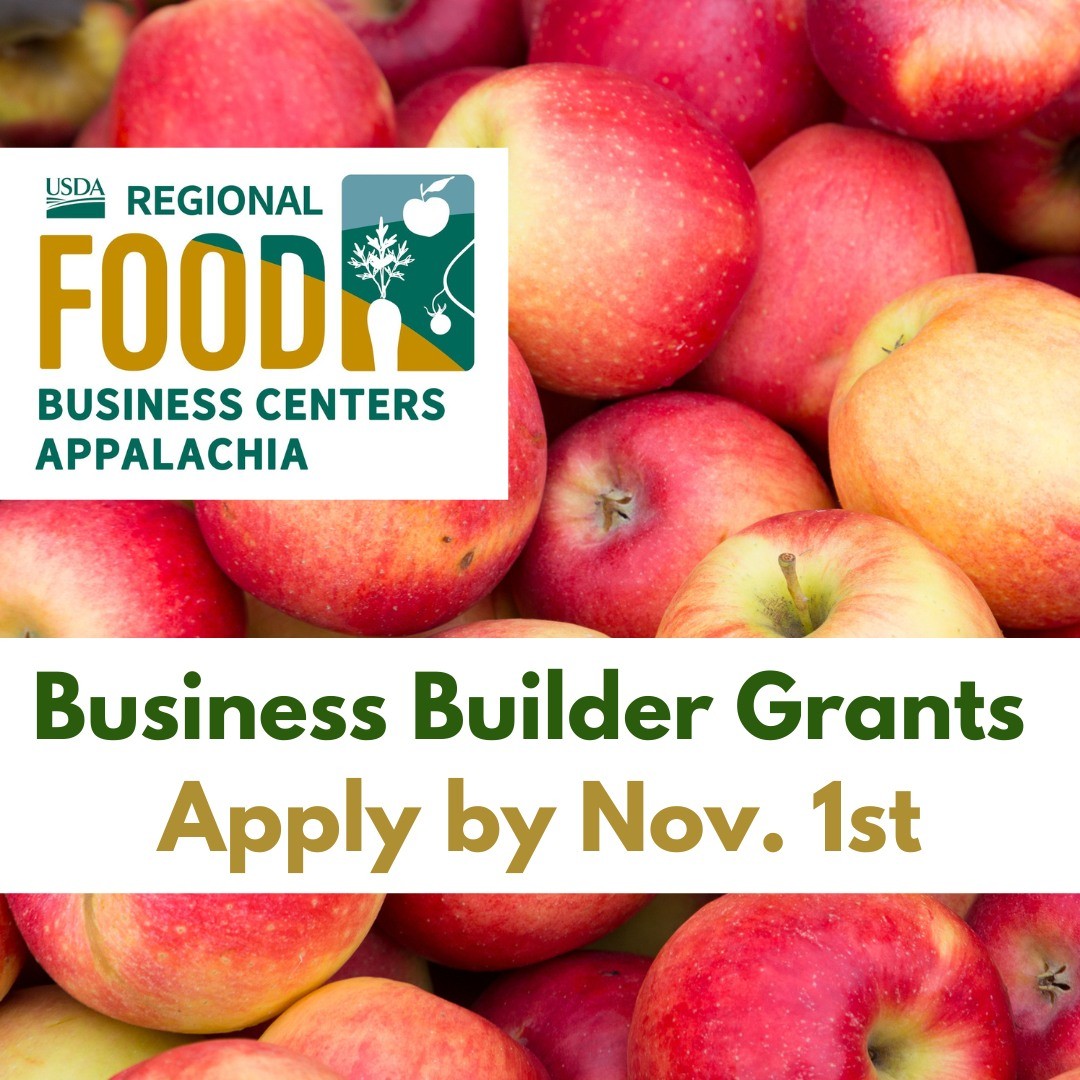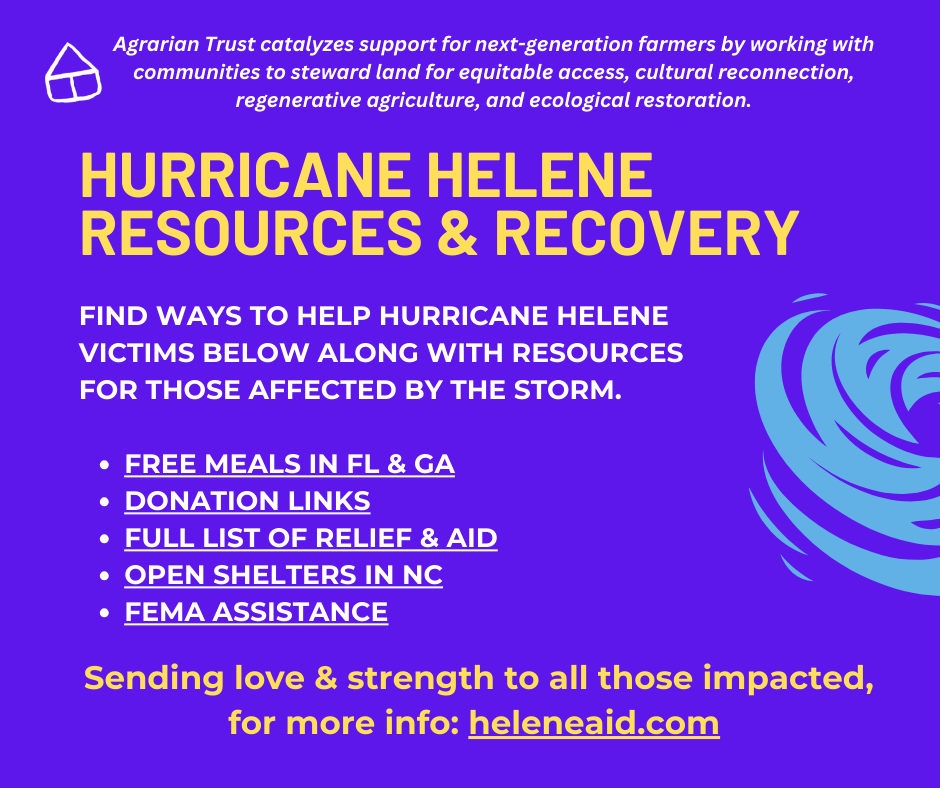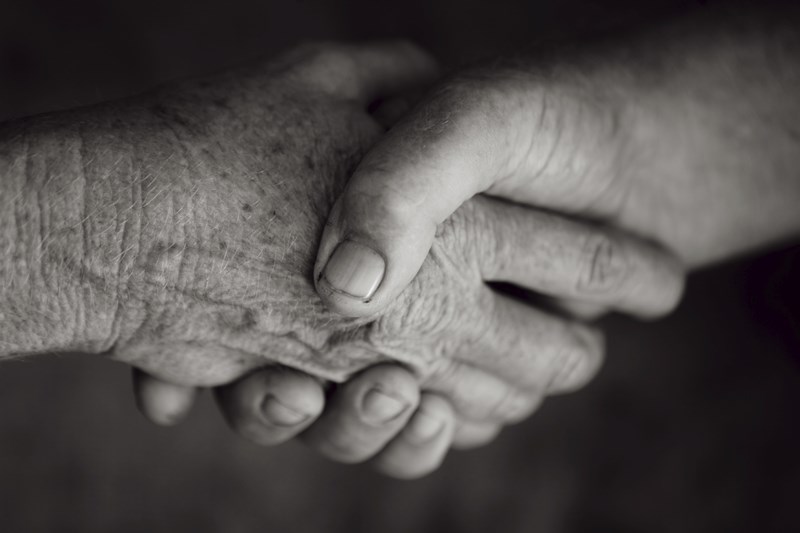
Ian McSweeney
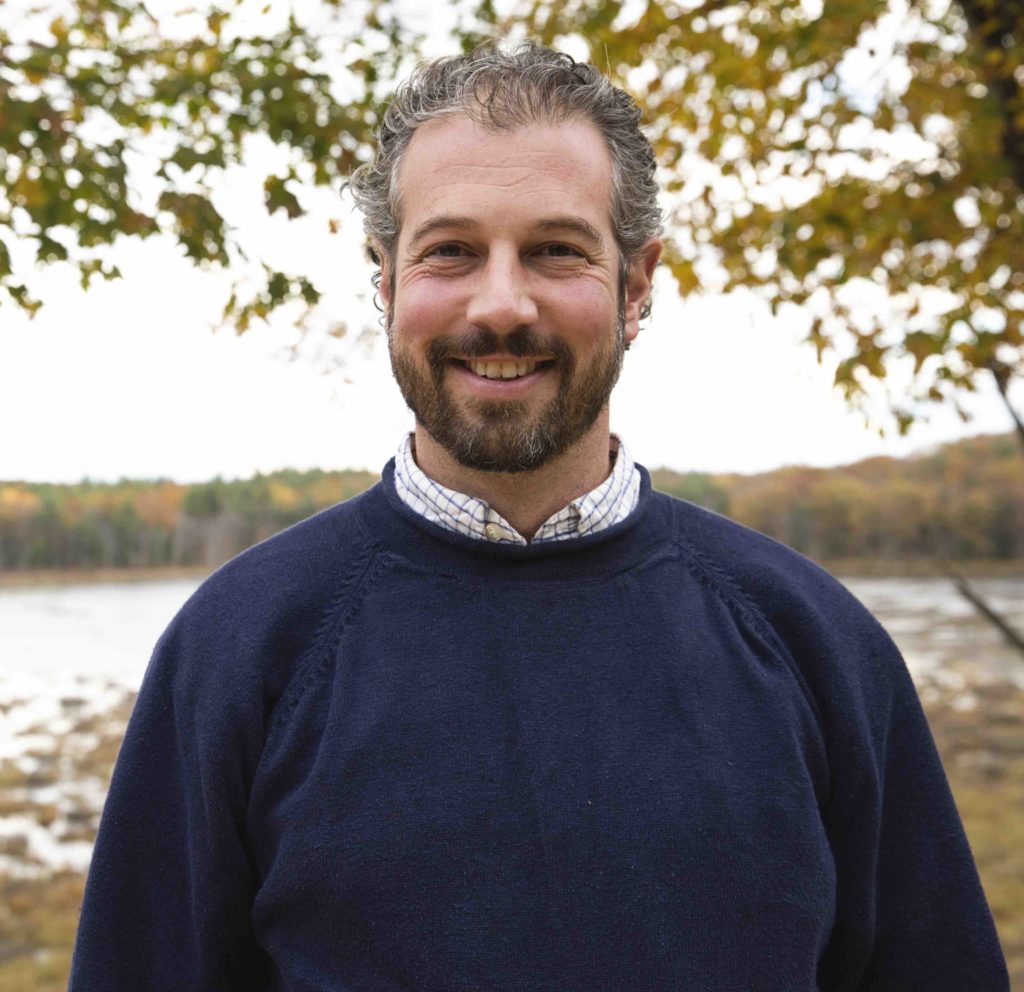
“While the crisis brought on by the Covid-19 pandemic is significant, it also simply holds a mirror to truth in our world and society. The pandemic is a symptom of all that the climate crisis and human destruction of nature manifests. So much in agriculture, conservation, and wealth is focused on what is done to/with/on/taken from the land but little attention is given to how land is owned and how equity and tenure are conveyed. While we must understand that humans cannot truly own the land we also must understand that we operate within the legal and structural frameworks of property rights. The Agrarian Commons model straddles the structures of property rights by bringing forward transformation in how land is owned, how tenure and equity are conveyed, and the way that land stewardship and agriculture are carried out.”
David Harper
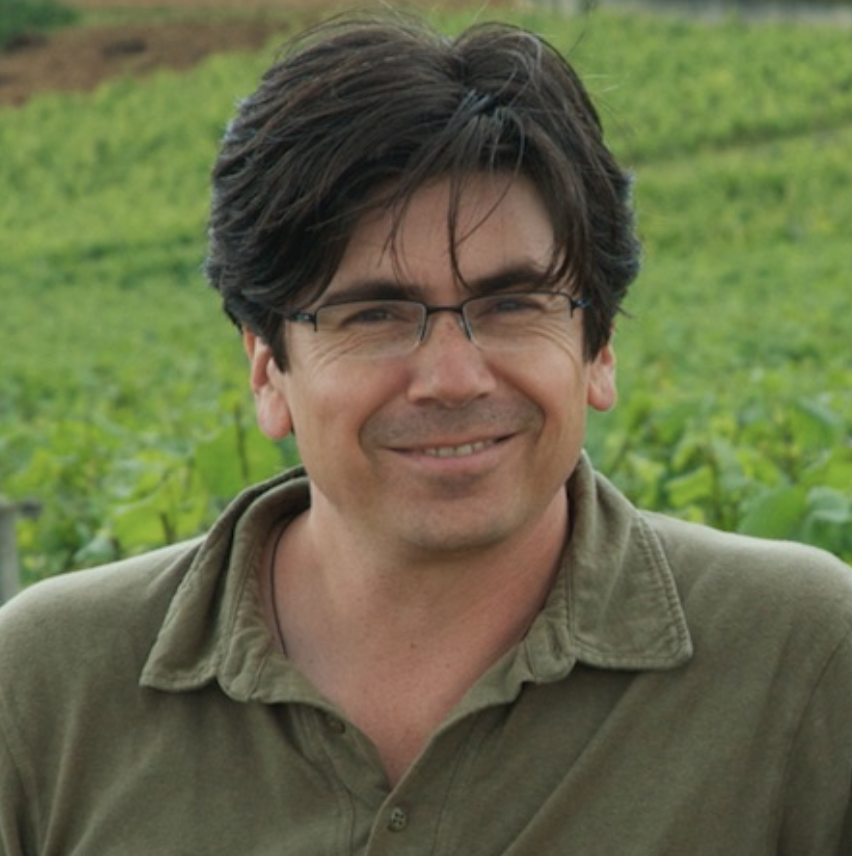
“Agrarian Trust’s interrelated focus on liberating land from property back to a commons and on supporting a rich diversity of farmers who practice ecological stewardship of that land is always compelling, but it’s especially so now that more people are genuinely waking up to what community food security means to their lives, the families, friends, and neighbors they love. What is so compelling about our work with Agrarian Trust is that it is about healing the relationship between humans and Mother Earth.
If we can accept that Earth’s biosphere is a living organism (Gaia) made up of deeply interconnected biomes, bioregions, ecosystems, and communities of native plant and wildlife species, then it is clear that there is only one species, human beings (Homo sapiens), that is actively disrupting and degrading the function of those systems on continents and in oceans, on a global scale. We leave no corner of Gaia unaltered. Again and again, we are called to heal the relationship between humans and Earth. With famines, with wars, with pollution of air, water and soil, with biodiversity loss, with climate, with pandemics. As a species, we don’t hear these calls loud enough to change our behavior. Now, with this one, more of us are listening.
When we slow down the destruction, even for a few weeks or months, when we pay attention to healing ourselves, healing our communities, and healing the land — it begins to seem possible to more of us that we can create a new world, and Agrarian Trust’s work begins to seem more foundational to the world people want to create. More people understand that Gaia thrives when our species acts as a part of the community of life. We want those people to know that Agrarian Trust is helping us all to get there.”
Jillian Hishaw, Esq.
“Farming and growing local food is essential to local economies, however, if we continue to depend on corporate farms for the masses forcing small farmers out of the sector particular farmers of color there will be more food and resource shortages as climate change worsen our environmental future. The hoarding of assets will continue to generate monopolies decreasing diversity of food and farmers which are needed in order for any free democracy to be in balance. Demographic disparities in death rates and purposeful acts of hate during this time show evermore the lack of unity even in times of crisis and the need for the work.”
Robin Emmons
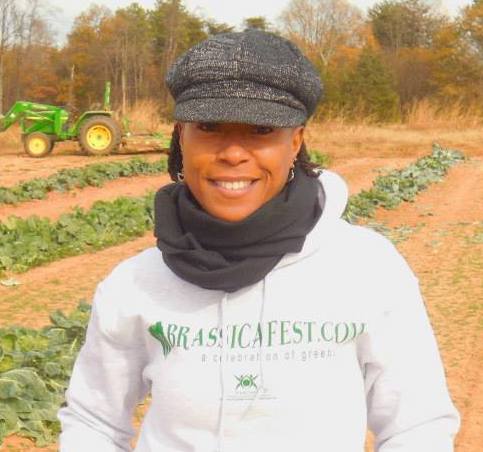
“This moment aligns with the work of FaithLands as despite the hoarding, fear, and anxiety featured in the 24 hour news cycle, there are myriad acts of kindness simultaneously occurring all around us. Much of that kindness is shown in the form of meals delivered by strangers to neighbors, homeless populations, and the most vulnerable among us. These acts of kindness are inspiring and hopeful, but also emblematic of the opportunity for those called in times of both calm and calamity, to a higher good.
That said, FaithLand’s work at this particular moment is an invitation for the church community across the nation to better understand that loving our neighbors is not a rhetorical refrain to be recited from the pulpit on Sundays from an ancient text. Rather it is a call to action in our daily lives to show compassion, empathy, and an understanding of our common humanity. It is a notice to the church that now is the time to embrace the reality that its ministry exists outside of its doors, and in many ways is directly connected to the wealth of the land which sustains the lives of all.
At this time and in the days ahead, there will be difficulty and suffering, and Faithland’s work is an opportunity to alleviate some of that suffering by collaborating with the faith sector to provide physical sustenance and economic opportunity for those who have historically lived on the margins of our mainstream society, suffering silently in times of hardship and prosperity. We can and must do and be, better. The ravages of COVID-19 remind us of this truth.”
Jean Willoughby
“From the beginning, our food and agriculture systems were designed to create and maintain injustice. Historic inequity has compounded over the centuries so that today we see glaring disparities on every measure of well-being throughout our nation. Covid-19 has, to echo Danny Glover’s words on Hurricane Katrina, ‘revealed the disaster within the disaster.’ Different ways of thinking and new models are needed to address our problems at the root.”
Megan Browning
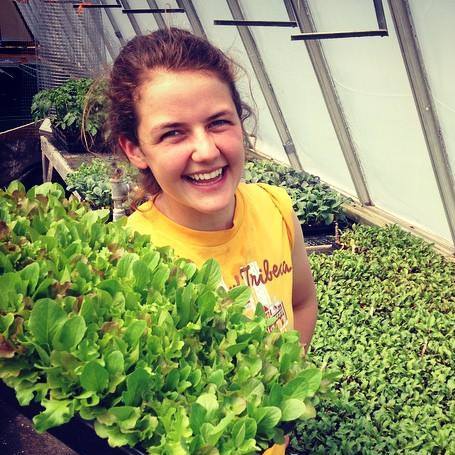
“The coronavirus pandemic is revealing the weakest parts of our social systems. Dominant structures and the resulting inequitable distribution of resources based on race and class are fully exposed in this moment. In this moment of vulnerability we must shine light on what is possible, and carry this forward into building a different future. “Once you recognize that you are in an emergency,” Naomi Klein shared recently in a webinar on movement building during this pandemic, “a great deal is possible… The status quo is an emergency… Crisis blows open the sense of what is possible.”
Daniel Forkner

“In rural food deserts where I live, the fragility and injustice of global supply chains have been further revealed by the recent crisis. Families and individuals, young and old alike, suffer from lack of basic food items and many are turning to debt as a solution to hunger. Communities who have been able to support local farmers and sustainable agriculture, while still stressed, are better equipped to rise to the current challenges around food security. Unfortunately, the historic consolidation of land and agriculture resulting in the exclusion of next-generation farmers from land access has made these communities increasingly rare and catalyzed rampant food insecurity throughout this country. Now more than ever is the time to transform land ownership for equitable access, and put sustainable agriculture and ecological stewardship back in local hands for the benefit of people over profits.”
Wendy Stevens
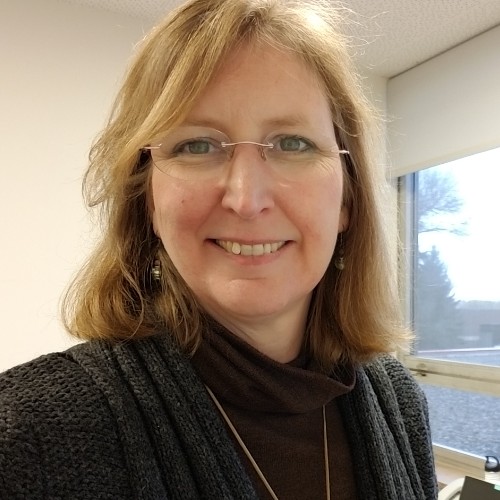
“The time for regenerative and sustainable ag under the commons model is now. Everybody is talking about it at the world level. Scotland is taking a look at this model. Greece is talking about investing in regenerative agriculture and renewable energy. Our model can serve as a legal container for farmers to shift to regenerative agriculture all across the globe. (Please visit our Facebook page to see these examples.)”
Aleya Fraser
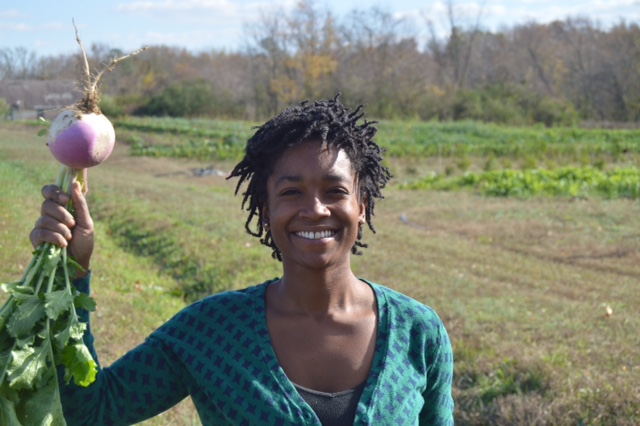
“Before this crisis it was hard to imagine wholesale change of our food and land systems in this society. The inequalities and inadequacies were hidden and ignored just enough so that people could still live relatively comfortable lives. This moment in history forces an amount of discomfort on everyone so that they have to reflect on the systems and policies that brought us here and make change where it matters the most! In our bodies and in ourselves and in our direct community surrounding us. We now have an unprecedented chance to chart new pathways and relationships with each other and our food and our land. We need to be writing, dreaming, visioning and directly naming what we want our new normal to look and feel like before a new normal is imposed upon us.”
Darby Weaver
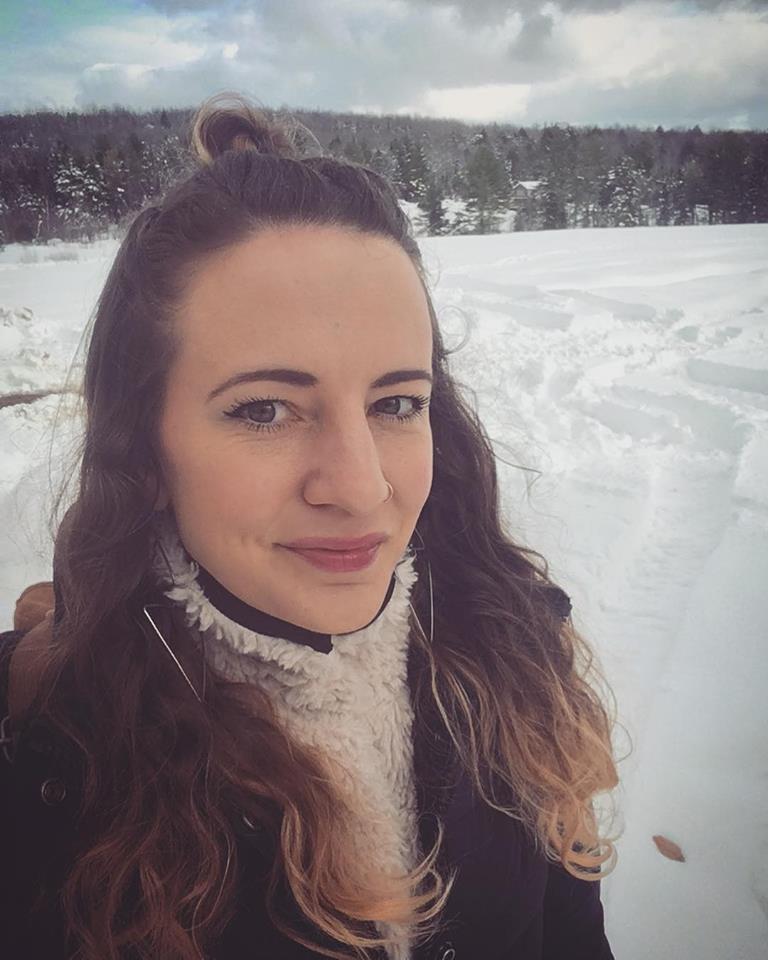
“I’ve seen a lot of compassion being shared as we collectively and individually cope with the challenges and uncertainty of our days. On our farm, we’ve decided to keep growing, even as our farmers markets shutter and our revenue streams continue to reduce. We keep growing without knowing how our food may find its way onto the tables of our community members trusting that, if we commit to our purpose and offer our services for the good of our region, we will find the path forward and people who seek nourishment will find their way to us.”
Vanessa García Polanco
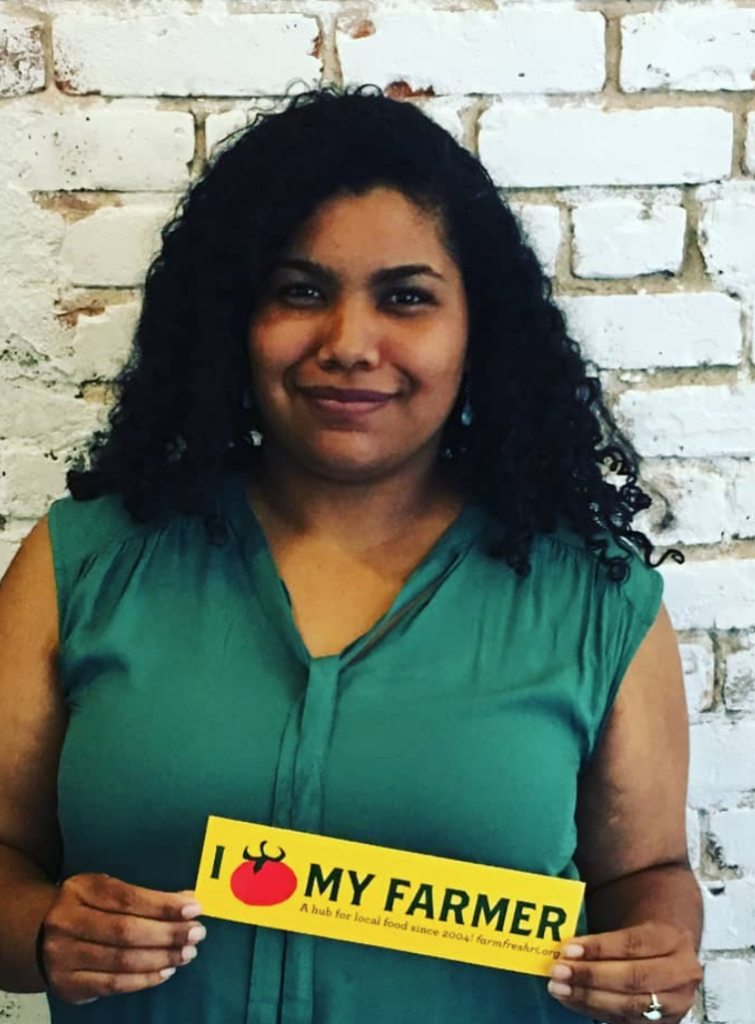
“This pandemic is further highlighting the inequalities in society and in our food systems that we have been working to address and dismantle for a long time. For me, the pandemic was like a greater wake up call to further focus my time and energy in advocating more for those more marginalized in our food systems and vulnerable in society, people of color, immigrants, and refugees.
I created an online resource as away to facilitate communication and sharing between food/ag advocates, practitioners and scholars. On the first days of the crisis, people had a lot of questions, listservs were being flooded, and people that needed to be connecting to resources were not finding the resources they needed to make make decisions on their food programs. I am a connector, my natural instinct is to connect people to resources and information and organize and streamline them for others.
I am partnering with the Lexicon of Sustainability and Mobilize to create an online platform that will allow people to further exchange resources and stay updated on multimedia food systems/ag news. It will become available this week.
We also created an online community for you to discuss the articles and resources. To join the Food and Covid-19 online community, simply click on this link: https://foodtbd.mobilize.io. It will guide you through a simple one-screen registration process, then grant you access to the site where you can join others in helping respond to this crisis.”


